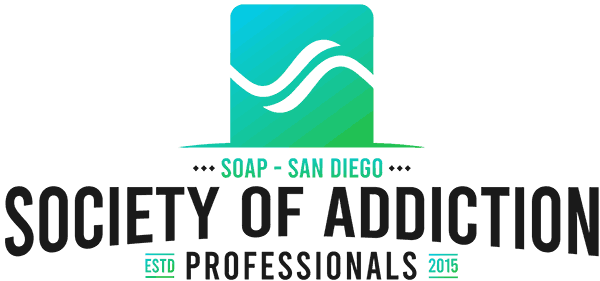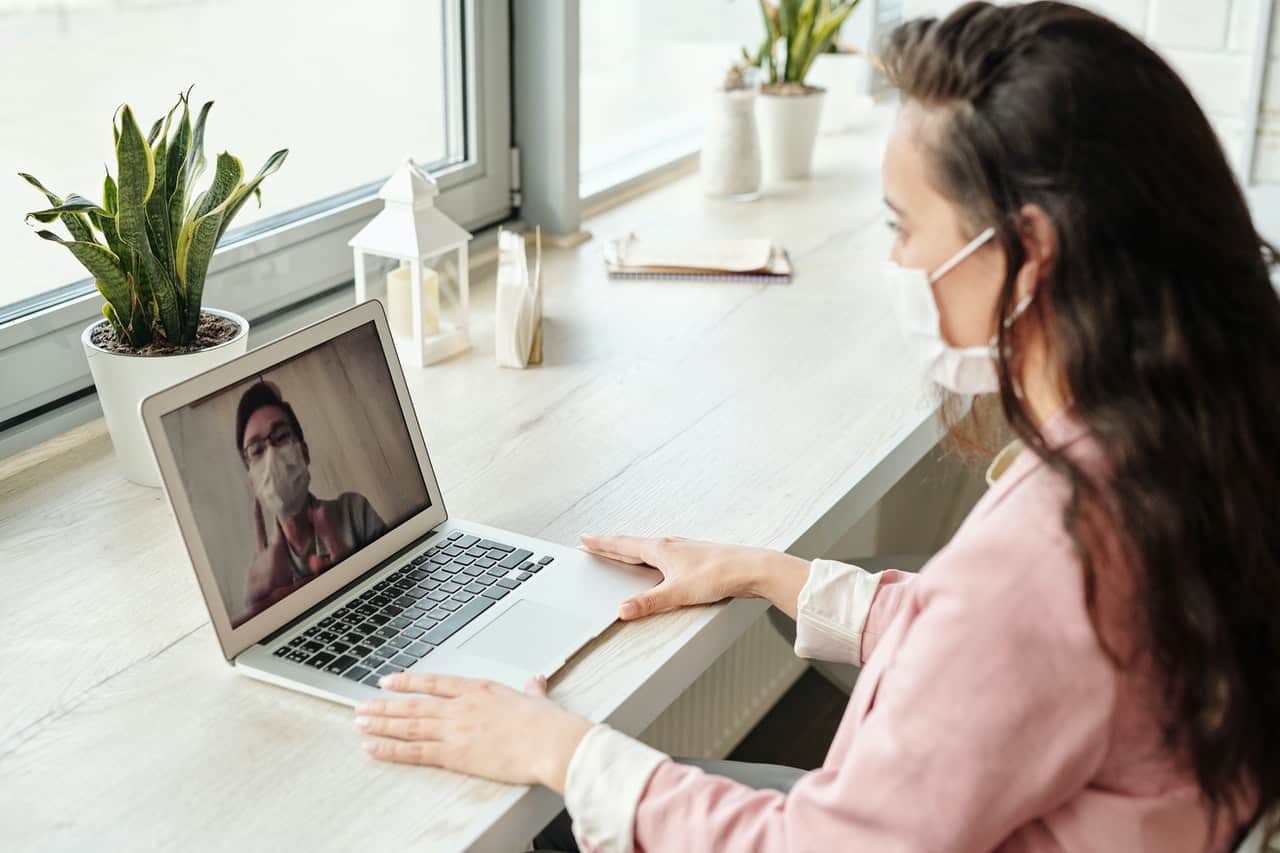The COVID-19 pandemic seems to be with us all for a while, and we’re altering our habits. For people in recovery, like everyone else, this means staying home as much as possible and small or no gatherings. It can be lonely and boring.
The feeling of boredom is a common trigger for people who are new to recovery.
Why is this? Because you’re not used to being bored. Most people who use drugs would tell you they use them to relax and “enjoy themselves.” Getting high doesn’t seem boring. (Although sober people around you were probably bored or unhappy around you.)
It’s hard to be bored when you’re living a painful, destructive lifestyle. Addiction is painful, stressful, and lonely, but few people would say that it’s boring.
Understanding Boredom
So when you get sober, it can feel strange to have so much time on your hands. However, your life choices are in your own hands now. Boredom can feel uncomfortable, but this too shall pass.
Many people who think that they’re bored may also be experiencing depression. If you’ve been feeling negative in general, and lack enthusiasm for interests, there may be more going on—Check-in with a therapist or treatment professional to get assessed for depression.
Fighting Boredom and Getting Busy
There are always things you can do when you’re feeling bored—being bored means that you’re not exploring the world enough. It’s hard to do that indoors all the time. Many bored people can benefit from working harder on their recovery program. But maybe you’re going through a phase. Everyone changes throughout their lives. Or maybe you’re just really tired of staying home a lot.
You may also just need to start taking the time to get to know yourself and figure out what you want in life.
You can start fighting boredom by adding more activities or responsibilities to your life. Here are some questions you should ask yourself if you’re feeling bored:
- Do you have a sponsor? Are you honest with them?
- What step are you currently working on?
- How many meetings are you going to every week?
- What commitments are you currently keeping in life?
- Are you doing any service work/volunteering?
- What was the last book you read? What books can your sponsor or friends recommend to you?
- How much exercise are you getting? How often are you getting it? Can you do more or change it up a little?
- How many people have you helped this week? Can you check in with somebody who is struggling?
- What have you been learning about lately? What kinds of things have you been wanting to learn, but put off?
- What’s your favorite movie and when was the last time you watched it? Can you put together a list of videos you want to see and have a movie night online with your friends?
- How much time do you spend in the sunshine every day? Can you spend a little more while practicing social distancing?
- How many people do you call a week? Can you check in with them more often? (Your friends and family need socializing, too!)
- What kind of self-care are you practicing? Can you dedicate more time to it or start something new? It’s never too late to start journaling, jogging, or set aside time for a bubble bath every week.
- Do you really pull your weight around the house? Maybe there are some chores that need doing, too.
Keeping yourself busy isn’t always easy during this COVID-19 era, but it’s possible. Being social is possible, too, but you have to involve people while respecting the rules regarding social distancing. Talking on the phone is an excellent way to feel more connected if you’re out on a walk alone. Video chatting together while watching a movie or playing a video game may also help you connect with friends or loved ones.
During COVID-19, it may be more challenging to feel social and connected, but it’s the way to stave off boredom. So give yourself a chance. Recovery isn’t going anywhere. Just continue to work the steps and reach out to others. You’re worth it, and it’s worth it.
About SOARR
The San Diego Society of Addiction Professionals is a coalition of working professionals who work with community leaders, professionals, and County members to enhance education opportunities, interdisciplinary problem solving, and access to resources. All of the work is to help further people recover from addiction disorders and live a fulfilling life in recovery. If you’re interested in joining, contact us at 760.402.5682.

